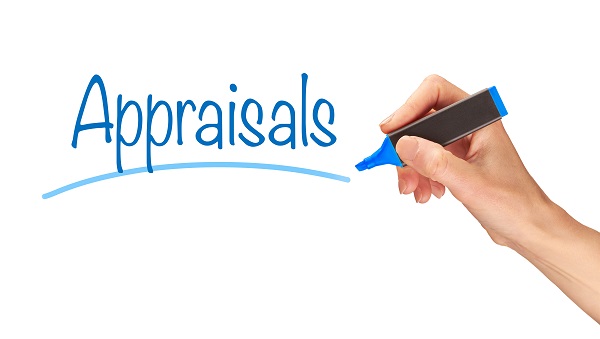Value Definitions
Say you are heading into your first heavy equipment appraisal (or any appraisal you like, take your pick). It’s a good idea for you to know some of the common terms that your appraiser will be using. Check out the list of Common Values and Special Values below.
These are some commonly used definitions as defined by the American Society of Appraisers Machinery and Technical Specialties Discipline:
How Much Is Your Equipment Worth?
Common Values
An opinion expressed in terms of money, at which the property would change hands between a willing buyer and a willing seller, neither being under any compulsion to buy or to sell and both having reasonable knowledge of relevant facts, as of a specific date.
An opinion of the gross amount, expressed in terms of money, that typically could be realized from a liquidation sale, given a reasonable period of time to find a purchaser (or purchasers), with the seller being compelled to sell on an as-is, where-is basis, as of a specific date.
An opinion of the gross amount, expressed in terms of money, that typically could be realized from a properly advertised and conducted public auction, with the seller being compelled to sell with a sense of immediacy on an as-is, where-is basis, as of a specific date.
Special Values
An opinion, expressed in terms of money, at which the property would change hands between a willing buyer and a willing seller, neither being under any compulsion to buy or to sell and both having reasonable knowledge of relevant facts, as of a specific date and assuming that the business earnings support the value reported, (assumed or verified)
An opinion, expressed in terms of money, at which the property would change hands between a willing buyer and a willing seller, neither being under any compulsion to buy or to sell and both having reasonable knowledge of relevant facts, considering market conditions for the asset being valued, independent of earnings generated by the business in which the property is or will be installed, as of a specific date.
An opinion, expressed in terms of money, at which the property would change hands between a willing buyer and a willing seller, neither being under any compulsion to buy or to sell and both having reasonable knowledge of relevant facts, considering removal of the property to another location, as of a specific date.
The cost of reproducing a new replica of a property on the basis of current prices with the same or closely similar materials, as of a specific date.
The current cost of a similar new property having the nearest equivalent utility as the property being appraised, as of a specific date.
An opinion of the amount, expressed in terms of money that may be expected for the whole property or a component of the whole property that is retired from service for possible use elsewhere, as of a specific date.
An opinion of the amount, expressed in terms of money that could be realized for the property if it were sold for its material content, not for a productive use, as of a specific date.
An opinion of the gross amount, expressed in terms of money that typically could be realized from a properly advertised transaction, with the seller being compelled to sell, as of a specific date, for a failed, non-operating facility, assuming that the entire facility is sold intact.
We hope you feel more prepared for your heavy equipment appraisal! To find out more about our MDOT prequalification appraisals, contact us or check out our blog here. If you have any further questions, feel free to check out our FAQ page or to contact us here.
Recent Posts

Miedema’s 2025 Review
Miedema’s 2025 Review 2025 was a meaningful year for Miedema Asset Management Group, made possible by the trust of our clients and the commitment of

Miedema Appraisals 2025: Third Quarter Recap
Miedema Appraisals 2025: Third Quarter Recap As we enter the final quarter of 2025, Miedema Appraisals continues to demonstrate steady growth and exceptional performance across

Desktop Appraisals vs. Site Inspection Appraisals
Desktop Appraisals vs. Site Inspection Appraisals: What’s the Difference? When it comes to understanding the value of your machinery and equipment, an appraisal is a









